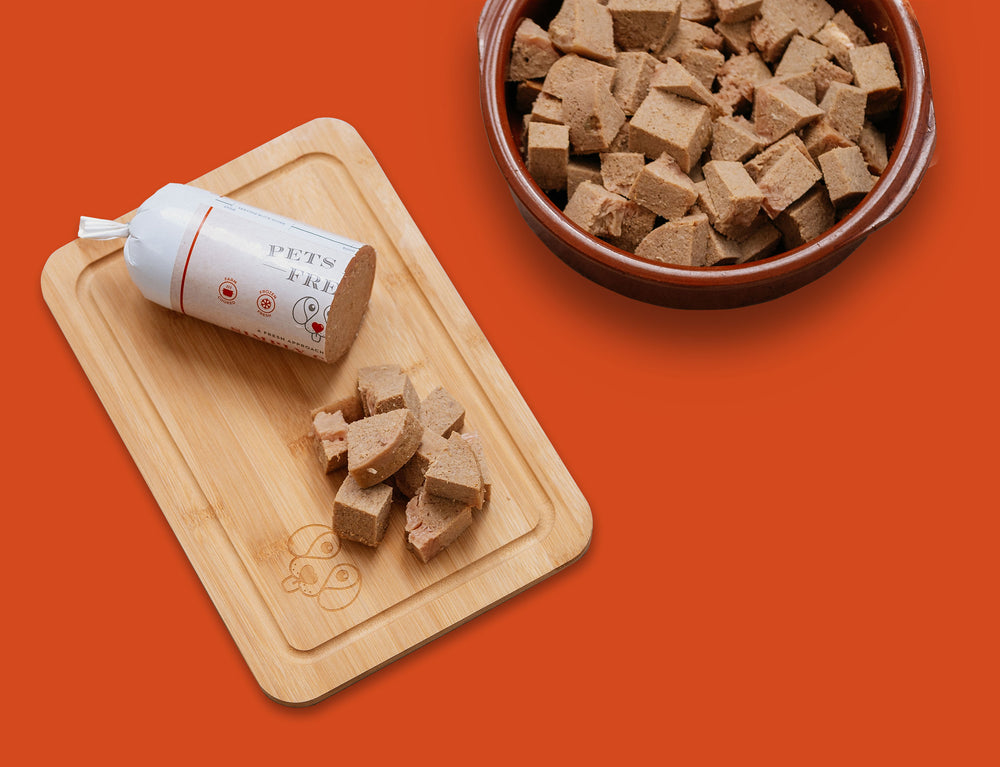What should I feed my allergic dog?
If you have spoken to your vet and other common causes of these symptoms such as fleas, a skin infection or other parasites have been ruled out, then it may be that your dog is suffering from an allergy.
Not all allergies are caused by food, most are caused by allergens in the environment such as grass pollens or house dust mites. There are blood tests available to test for environmental allergens but unfortunately we have no reliable blood test for food allergens.
The best way to determine if food is playing a role in your dog's allergies is to do a food trial. A food trial is when we change a dog's diet and see if their symptoms improve. This is unfortunately not as simple as switching from one commercial brand of food to another as lots of popular dog foods will share the same ingredients. Even a small amount of an allergen in the food could set off a reaction. Because dogs develop allergens to proteins in their food switching them to a diet with a novel protein (one your dog has not had before) is one good way to do a food trial. This is usually something unusual like rabbit or pheasant as it needs to be something your dog has never come across before. It is important to check the label of the food to make sure no other meats or proteins are included.
Another option I usually recommend is to use a hydrolysed diet. A hydrolysed diet is a diet where the proteins in the food have been broken down into smaller molecules of amino acids which the body can no longer recognise as an allergen. This means the food should work for any protein your dog has an allergy to. There are 3 brands of hydrolysed diet on the market in the UK, it is best to speak to your vet about which one to order for your pet if you would like to try one of these.
A new diet takes at least 2 weeks to make a difference and can take up to 6 weeks to work fully so it is important to be patient when doing a food trial. It is also important to only feed the new diet and to not give treats with other ingredients that may undermine your food trial.
If your dog's symptoms improve on this trial then you can be pretty sure that your dog's symptoms are caused by a food allergy.
You can now choose whether to continue with your chosen successful food trial diet long term or to do a challenge trial to determine what ingredient your dog is allergic to. To do a challenge trial introduce ingredients into your dog's diet one at a time to see if their symptoms return. The most common proteins that dogs have allergies to in the UK are chicken and beef. This is simply because they are the most common ingredients in dog food and so dogs have had the most exposure to these ingredients.

